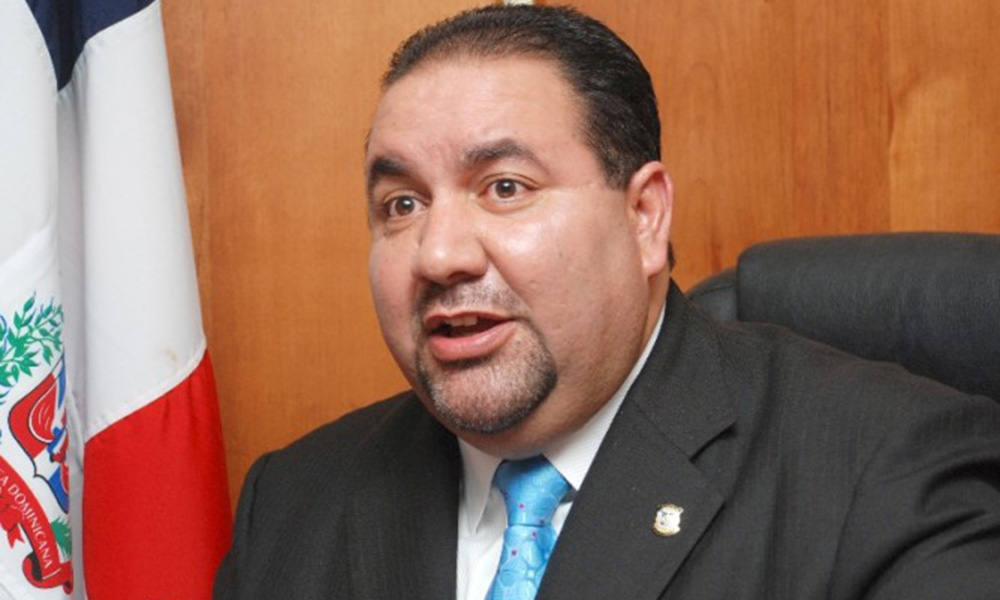The PIT-CNT presented in Parliament its “strong rejection” of the bill promoted by the Executive Power to modify some aspects of the Collective Bargaining Law and thus be able to file the complaint that the business sector presented to the International Labor Organization ( ILO). A rejection that covers both specific aspects of the initiative as well as others point directly to the attitude of the employers.
The questions go through four elements but the organization is concerned about one in particular: the requirement, raised from article 1 of the projector, that unions have legal status to be able to negotiate collectively and, above all, to access the information that is provided in that negotiation. An “absolutely excessive” definition according to the president of the PIT-CNT, Marcelo Abdala, which will indirectly violate some basic principles of the ILO, such as the autonomy with which workers organize and make decisions.
Abdala and several leaders appeared on Thursday before the Labor Legislation Commission of the Chamber of Deputies, which is studying the initiative. There he also questioned the decision to restrict the powers of the Superior Tripartite Council. In this sense, he warned about the request of the business chambers to remove the discussion on general salary adjustments from these councils. “For us, that breaks the backbone of collective bargaining”he claimed.
On the other hand, he considered it inappropriate and inconvenient to suppress the recognition of the legitimacy of branch unions to negotiate when there is no union organization in a company, and enable workers to negotiate directly. In the PIT’s view, this lends itself to the company, which is the one that holds the economic power, taking advantage of the “weakness” of a group of workers without support and “inventing” a negotiation favorable to their interests. “It’s an absolutely dangerous concept,” mentioned.
Another reason for the union movement’s rejection of the bill revolves around the elimination of “ultra-activity” and that, except for the amount of salary, it makes all the effects of a collective agreement drop once its expiration date arrives. For example, the granting of a paid holiday for a certain branch, prizes or benefits for workers that, in the opinion of the organization, should continue to be permanent.
Abdala also pointed to “momentary reasons” to oppose the bill. According to him, the vast majority of the negotiations produced under the current law resulted from an agreement between employers and workers.
The PIT-CNT put on the table there the lack of consensus that exists on the project and said that, under these conditions, it should not be approved. Much less, Abdala pointed out, if the Chambers of Commerce and Industry did not assume “at least” the commitment that “They are not going to make the country have a bad time” to resubmit a complaint to the ILO and “continue to insist on liquidating collective bargaining.”
The idea was supported by the leader José Lorenzo López: if there is a business commitment to withdraw the proposal before the ILO if the project is voted on, or in reality “they are going to come for more.”
Abdala stressed that for the PIT-CNT collective bargaining is fundamental. “Life and national history have shown that when it is generalized, it is an effective tool to promote income distribution,” he said. “It contributes to the country’s wealth and democratic depth,” she maintained.

















